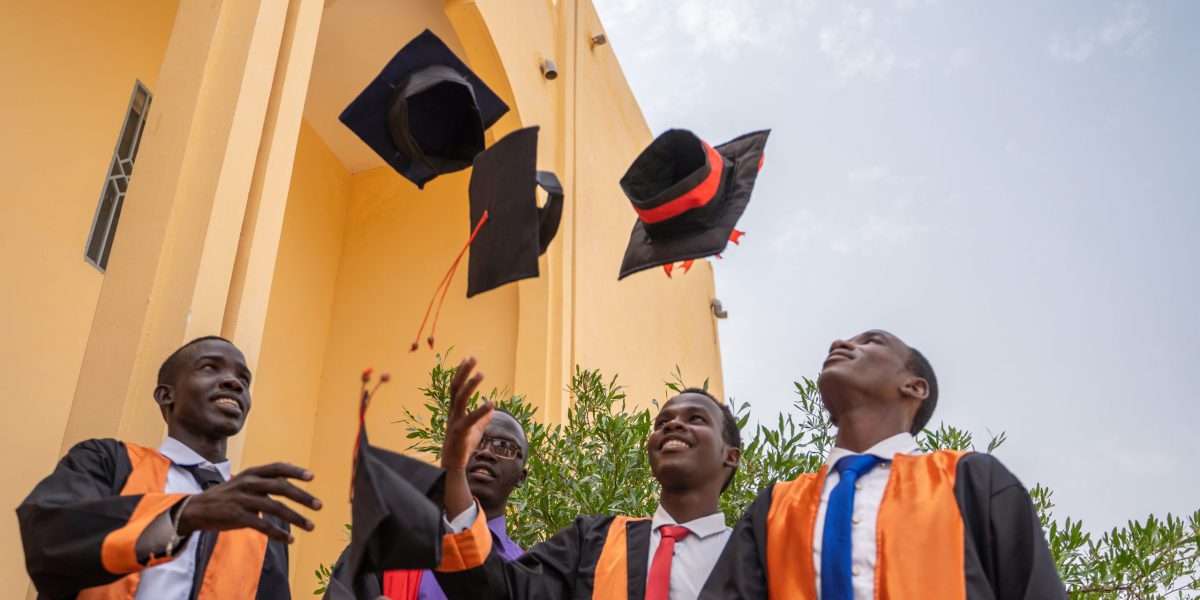
The education gap between refugees and their host community peers is wide, especially at the higher levels of education. Today, only five percent of refugees have access to post-secondary education and training but these learning and educational opportunities are essential to their success. Opportunities to work, earn a living, and be self-reliant are the most effective ways for refugees to rebuild their lives.
JRS/USA’s new report A Path Forward: Building a Future for Refugee Students Through Post-Secondary Education summarizes the challenges that prevent access to post-secondary opportunities and highlights programs and people that are increasing refugee participation, including students supported by JRS. When programs open doors to post-secondary training and education, refugees can rebuild their lives and maintain a sustainable livelihood. Therefore, governments, practitioners, and communities have a collective responsibility to provide access to fulfilling and meaningful post-secondary opportunities for refugees who seek them.
For more information on how JRS is working to support education for all, visit this page and take action with us now!



